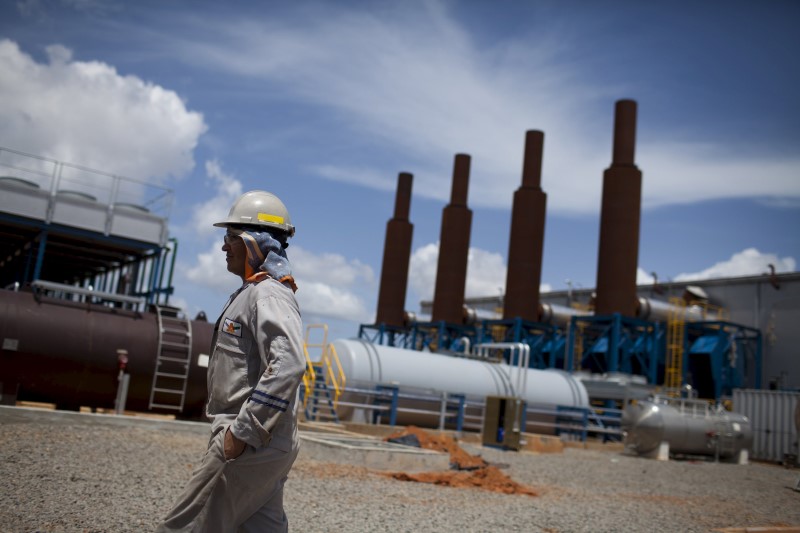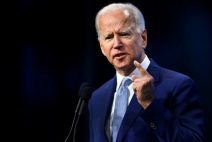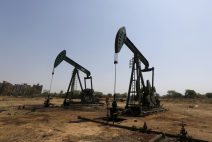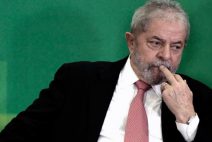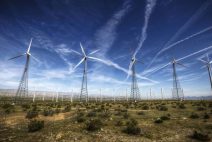OPEC and allies including Russia are leaning towards postponement of a planned January increase to oil output by at least three months to support prices as the COVID-19 pandemic continues its second wave, sources told Reuters.
The OPEC+ group of producers was due to raise output by 2 million barrels per day (bpd) in January - about 2% of global consumption - as part of a steady easing of record supply cuts implemented this year.
But with demand for fuel weakening, OPEC+ has been considering delaying the increase or even making further cuts.
An option gaining support among OPEC+ nations to keep the existing curbs of 7.7 million bpd for a further three to six months, OPEC+ sources said, rather than tapering the cut to 5.7 million bpd in January.
“A three-month extension is highly likely,” said one OPEC+ source.
Two OPEC+ committees are meeting virtually this week. The Joint Technical Committee (JTC) held its meeting on Monday and the Joint Ministerial Monitoring Committee, which can recommend policy steps to OPEC+, meets on Tuesday.
OPEC+ will have a full meeting on Nov. 30 and Dec. 1 to decide output policy for next year.
Algeria, currently holder of OPEC’s rotating presidency, has backed an extension of existing cuts and top exporter Saudi Arabia has said the OPEC+ deal could be “tweaked”.
Monday’s JTC meeting also discussed figures showing OPEC+ compliance with pledged curbs was 96% in October - less than previously thought - after inclusion of compensatory cuts for past excess production by some countries, an OPEC+ source said.
The figures suggested little month-on-month progress in ensuring countries that overproduced in previous months made extra cuts now. Russia’s cumulative overproduction was seen at 531,000 bpd and Iraq’s at 610,000 bpd, the source said.
